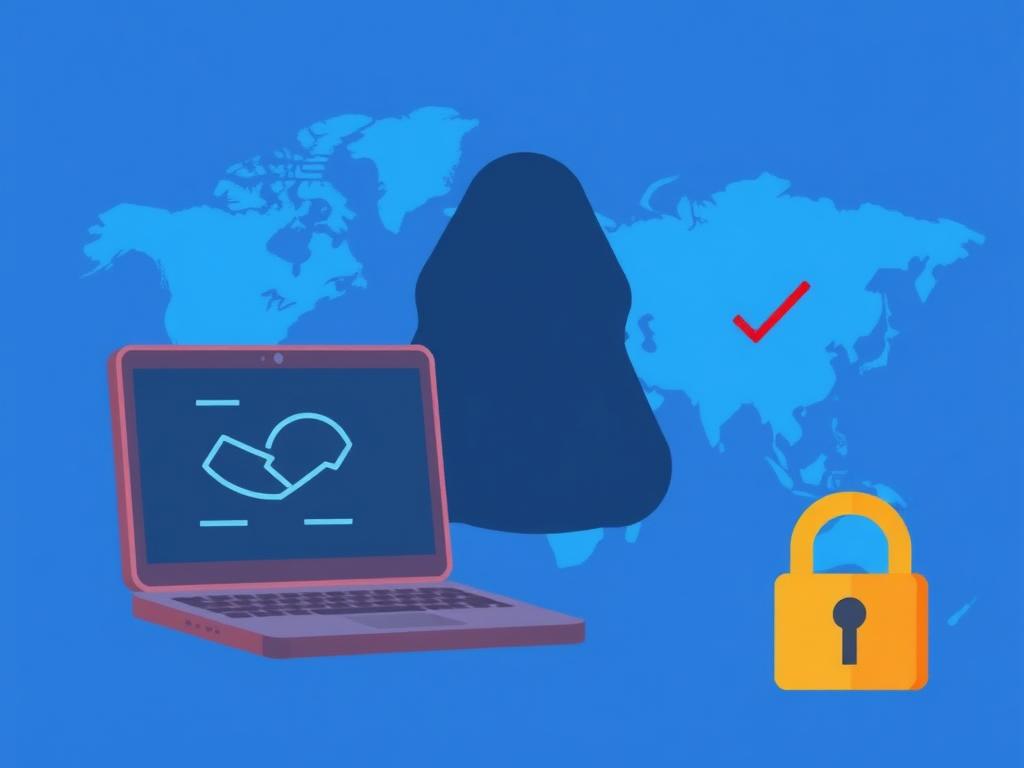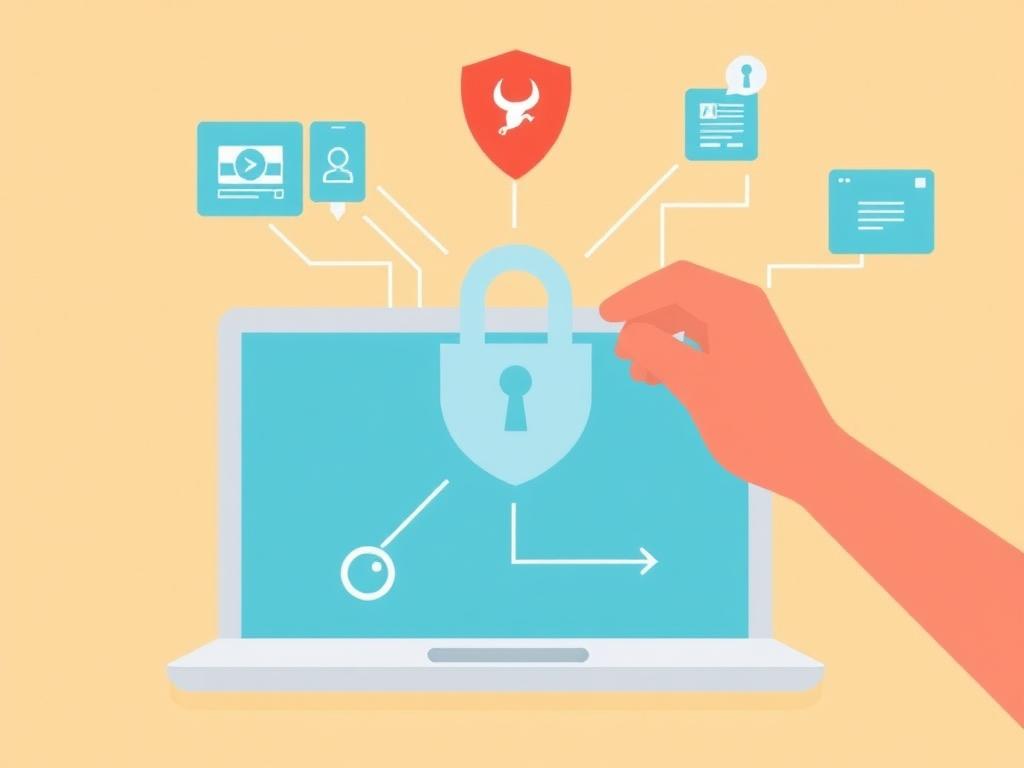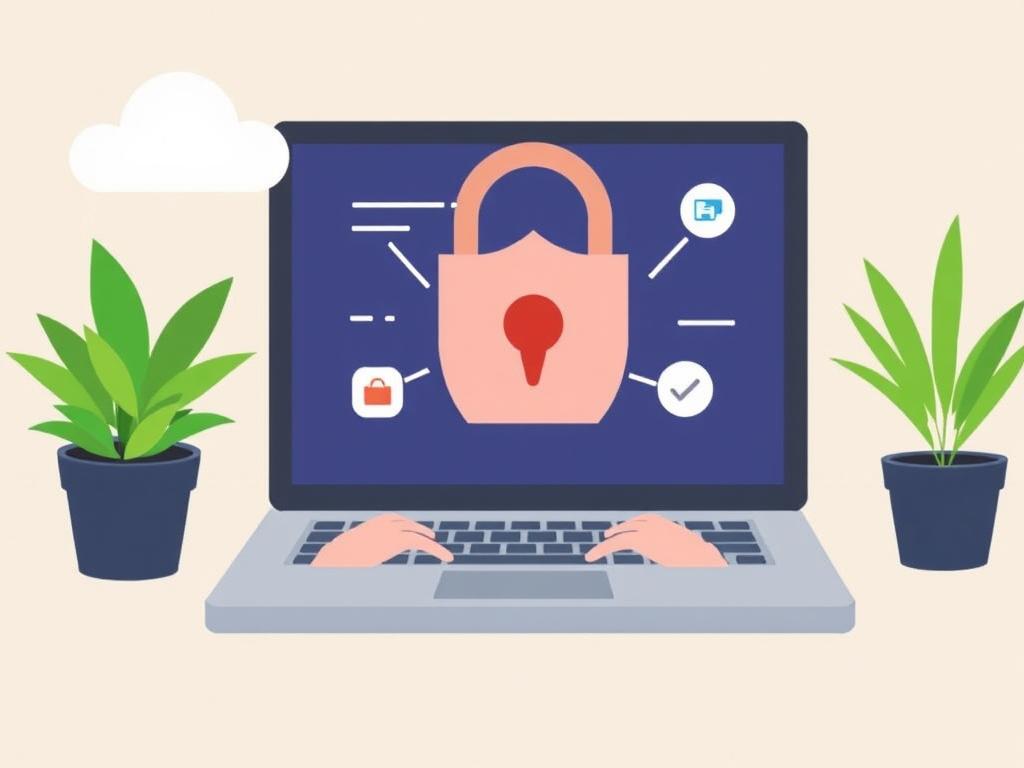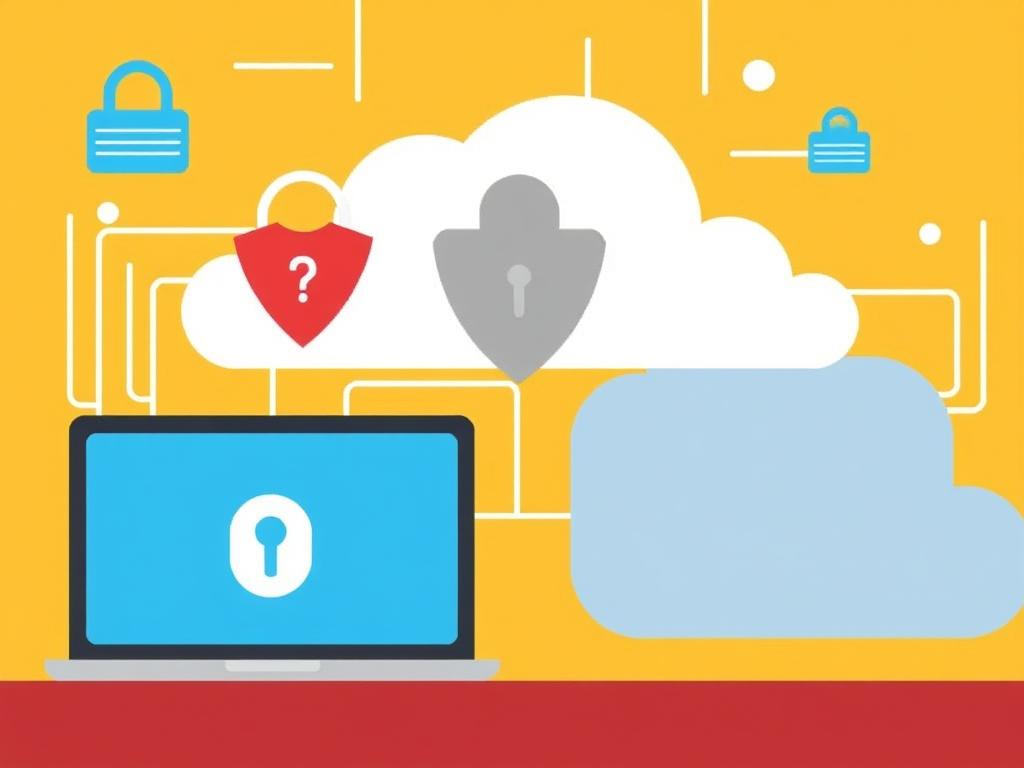In today’s digital age, staying safe and private online is more important than ever. You’ve probably heard the term “VPN” thrown around in conversations about internet security, streaming, and online privacy. But what exactly is a VPN, and how does it work? Whether you’re a tech novice or just curious about enhancing your internet experience, understanding VPN technology can empower you to take control of your digital life. Let’s dive into the essentials of what a VPN is, how it operates, and why so many people rely on it daily.
Understanding the Basics: What Is a VPN?
A VPN, or Virtual Private Network, is a tool that creates a secure, encrypted connection between your device and the internet. Think of it as a private tunnel through the vast and often unsecured digital landscape. This tunnel hides your IP address, encrypts your data, and allows you to browse the web anonymously and safely. The primary goal of a VPN is to protect your identity and personal information from hackers, advertisers, or even your own internet service provider (ISP).
Most people use VPNs to enhance online privacy, avoid geo-restrictions, or maintain security when using public Wi-Fi. For example, if you’re connected to public Wi-Fi at a café or airport, a VPN helps guard your data from malicious actors who might try to intercept your information. By routing your traffic through a remote server, VPNs cloak your real location, making it harder for others to track your activities.
How Does a VPN Work? The Technology Behind It
At its core, a VPN works by creating an encrypted connection between your device and a VPN server located elsewhere in the world. Here’s a step-by-step breakdown of the process:
- Step 1: Connect to the internet. Whether you’re on a laptop, smartphone, or tablet, you start by connecting to the internet as usual.
- Step 2: Activate the VPN client. You launch your VPN app and choose a server location.
- Step 3: Establish an encrypted tunnel. The VPN app creates a secure “tunnel” between your device and the chosen server, encrypting your data.
- Step 4: Mask your IP address. Your internet traffic is routed through the VPN server, replacing your real IP address with one from the VPN provider.
- Step 5: Access the web safely. You browse the internet, stream content, or send messages securely and privately.
This process not only protects your data from being snooped on but also allows you to bypass censorship or geographic restrictions. For example, if a streaming service is only available in the US, you can use a VPN to connect to a US server and access the content as if you were physically there.
Encryption Protocols: Securing Your Data
To make the VPN tunnel secure, VPN providers use encryption protocols. These protocols determine how the data is encoded and decrypted between your device and the VPN server. Some common VPN protocols include:
| Protocol | Description | Advantages |
|---|---|---|
| OpenVPN | An open-source protocol that offers excellent security and flexibility. | Highly secure, widely supported, customizable. |
| IKEv2/IPSec | A fast and secure protocol often used on mobile devices. | Quick reconnection, stable, strong encryption. |
| WireGuard | A newer protocol known for simplicity and improved speed. | Faster, lightweight, modern cryptography. |
| PPTP | An older, less secure protocol mainly used for compatibility. | Fast but vulnerable; not recommended for sensitive data. |
Choosing the right VPN protocol can impact your connection speed, security, and overall experience. Most modern VPN services use OpenVPN or WireGuard by default for a good balance of safety and performance.
Why Use a VPN? Real-Life Benefits and Use Cases
The reasons people use VPNs are diverse and compelling. Below are some of the most common benefits and use cases that explain why VPNs have become essential tools for millions worldwide.
1. Protecting Your Online Privacy

Without a VPN, your internet traffic is exposed to your ISP and potentially other third parties. A VPN hides your IP address and encrypts your traffic, making it difficult for anyone to track your online activities or invade your privacy.
2. Accessing Geo-Restricted Content
Many websites and streaming services restrict content based on your location. Using a VPN allows you to change your virtual location to access websites, videos, or services unavailable in your country.
3. Securing Public Wi-Fi Connections
Public Wi-Fi networks are notoriously vulnerable to hacking. With a VPN, your data is encrypted, which protects sensitive information like passwords, banking credentials, and personal messages from being intercepted.
4. Avoiding Censorship and Surveillance

In some regions, governments monitor or censor internet content. VPNs can help users bypass these restrictions and browse freely without fear of monitoring or blocking.
5. Safe Online Shopping and Banking

Using a VPN while shopping or banking online adds an extra layer of security to your transactions, ensuring that hackers or even malicious websites don’t steal your credit card details or login credentials.
Choosing the Right VPN Service: What to Look For
VPNs come with a variety of features, pricing plans, and policies. Choosing the right VPN can seem overwhelming, so here’s a handy checklist of factors to consider before committing:
- Privacy Policy: Make sure the VPN has a strict no-logs policy, ensuring your data isn’t stored or shared.
- Server Locations: More servers and more countries mean better options for bypassing geo-blocks and maintaining speed.
- Connection Speed: VPNs often slow down your internet; pick one known for minimal speed drops.
- Device Compatibility: Ensure the VPN works on your devices—Windows, macOS, Android, iOS, etc.
- Ease of Use: A user-friendly app with simple setup is essential, especially for beginners.
- Customer Support: Good support can help you troubleshoot if you encounter issues.
- Price: Compare subscription costs and consider free trials or money-back guarantees.
Popular VPN Providers to Consider
| VPN Service | Strengths | Pricing |
|---|---|---|
| ExpressVPN | Fast speeds, strong security, excellent server coverage. | Premium pricing, but offers 30-day money-back guarantee. |
| NordVPN | Robust privacy, affordable, lots of servers globally. | Competitive pricing with regular discounts. |
| CyberGhost | Easy to use, good for streaming, strong security features. | Budget-friendly plans, long-term discounts available. |
| Surfshark | Unlimited devices, excellent value, privacy-focused. | Very affordable with multi-year plans. |
Common Misconceptions About VPNs
While VPNs offer numerous benefits, some myths persist that can confuse potential users. Let’s clear up a few:
- VPNs make you 100% anonymous: While VPNs improve privacy, they don’t make you invisible online. Your activity can still be tracked by websites using cookies or other methods.
- VPNs are illegal: VPNs are legal in most countries, but using them to commit crimes is illegal.
- Free VPNs offer the same protection as paid ones: Many free VPNs have limitations like slower speeds, fewer servers, and weaker privacy practices.
Setting Up a VPN: A Quick Guide
Getting started with a VPN is easier than you might think. Here’s a simple step-by-step guide:
- Choose a VPN provider and subscribe.
- Download and install the VPN app on your device.
- Open the app and log in with your account details.
- Select a server location based on your needs.
- Click “Connect” and wait for the VPN to secure your connection.
- Enjoy safer and private internet browsing!
Most VPN apps also offer browser extensions, automatic startup options, and kill switches to further enhance security.
Conclusion
A VPN is a powerful and versatile tool that offers privacy, security, and freedom online. By encrypting your internet connection and masking your IP address, it helps protect your personal information from hackers, advertisers, and surveillance, while also allowing you to access geo-blocked content and browse the web safely on public networks. Whether you want to keep your browsing habits private, bypass censorship, or stream global content, understanding how a VPN works is the first step toward a more secure and unrestricted internet experience. With so many options available today, there’s a VPN service suited for every user’s needs—making it easier than ever to take control of your online presence.
